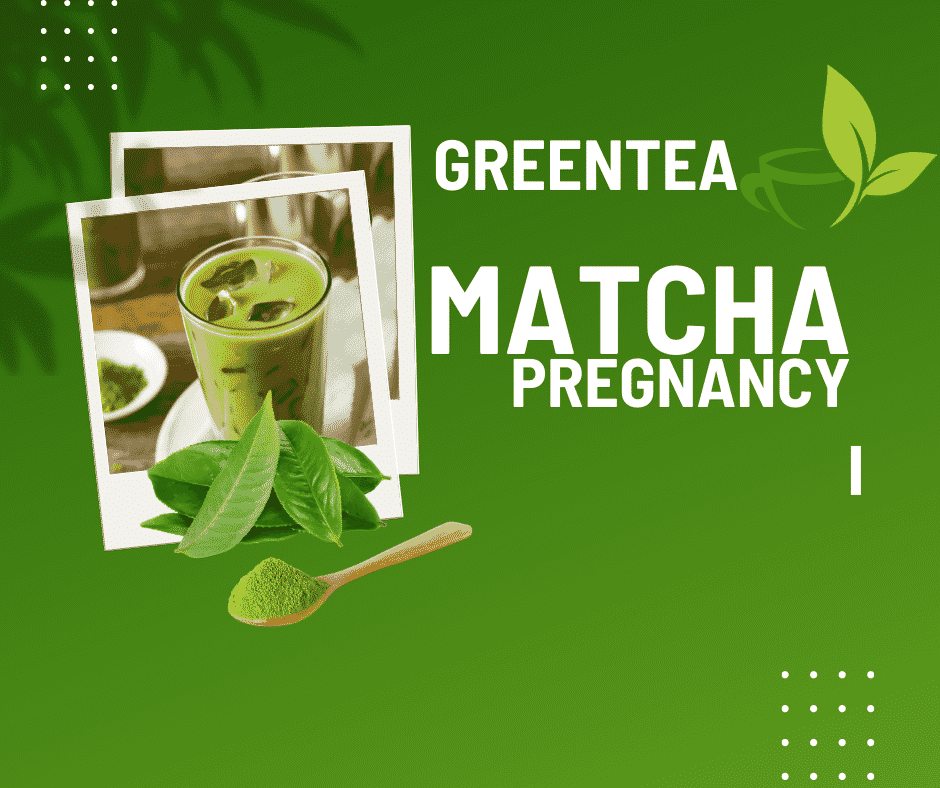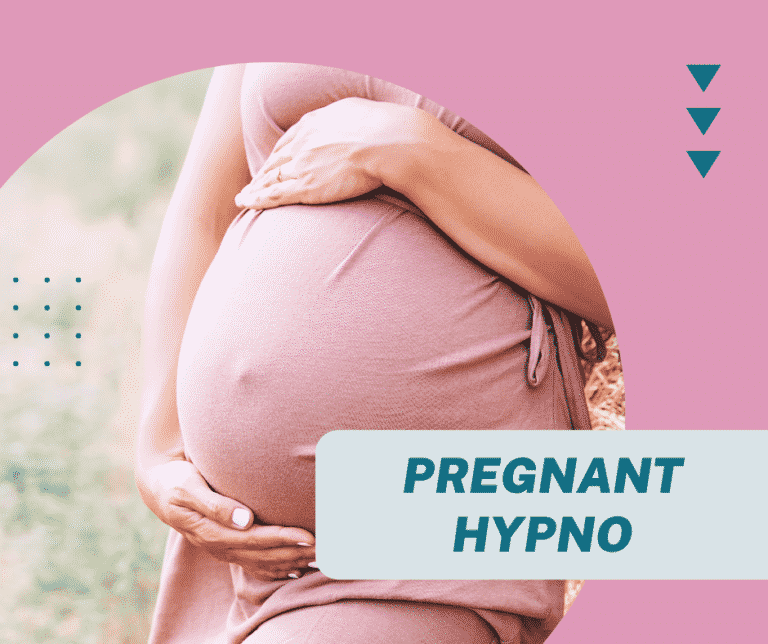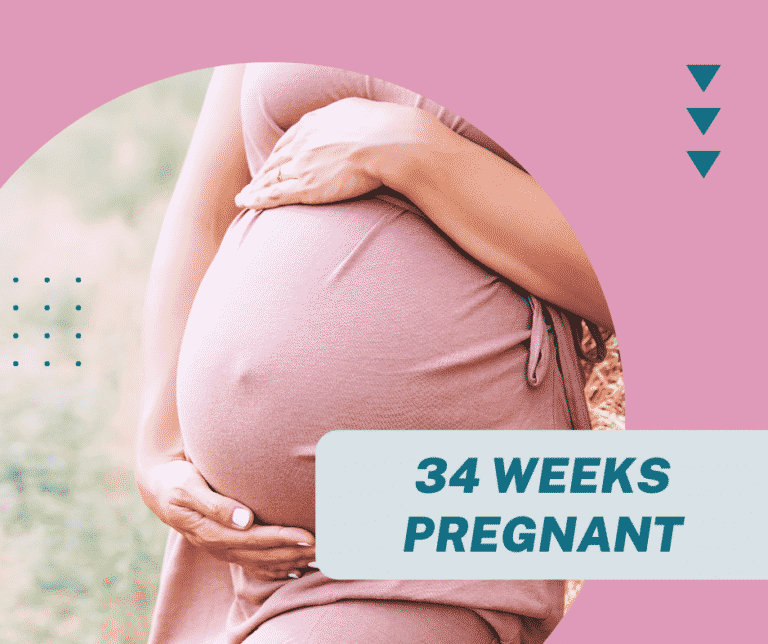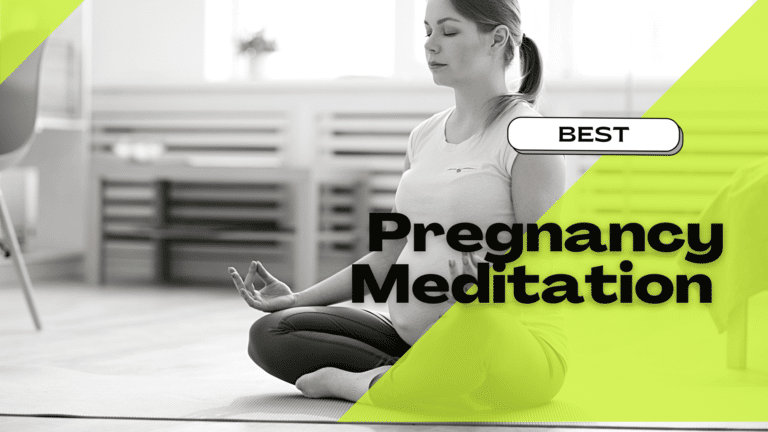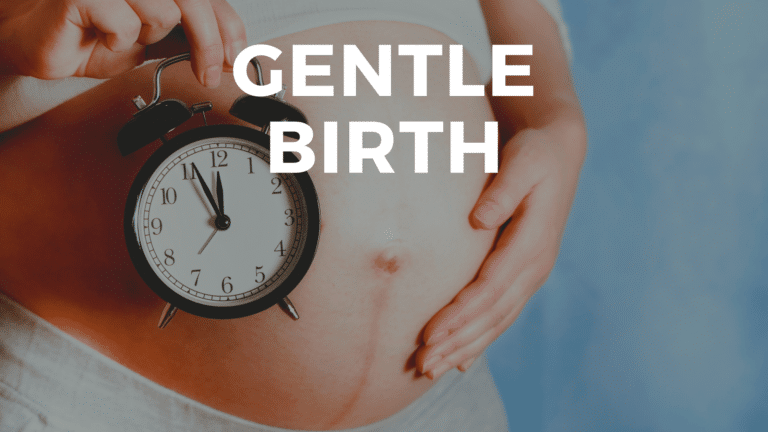Can You Drink Matcha While Pregnant? Matcha Tea And Pregnancy
Published on April 29, 2022 – Last Updated on April 29, 2022
If you’re pregnant, you may be wondering if it’s safe to drink matcha tea. And the answer is: it depends! Matcha contains caffeine, which can be harmful to a developing baby. But there are also many other nutrients in matcha that can be good for both mom and baby. So before you make up your mind about whether or not to drink matcha while pregnant, here’s what you need to know.
What is matcha, and why do pregnant women drink it?
Matcha is a finely ground powder of specially grown and processed green tea leaves. It is special in two aspects of farming and processing: the green tea plants for matcha are shade-grown for about three weeks before harvest, and the stems and veins are removed in processing. Matcha preparation involves covering the tea plants with cloths to exclude direct sunlight. Then the picked leaves are laid out flat to wilt.
Next, veins and stems are removed, and granite stones grind the remaining whole green tea leaf material into a fine powder. Matcha leaves are used in traditional Japanese tea ceremonies, and their application has spread to other cultures in recent years as well. Pregnant women have long been advised to limit their caffeine consumption, but a new study suggests that matcha green tea may be a safe alternative for those who crave a little caffeine intake.
Researchers found that matcha contains relatively low levels of caffeine compared to other types of teas, and it also contains an amino acid that helps to offset the stimulating effects of caffeine. In addition, matcha is rich in antioxidants and has been linked to various health benefits, including improved mental alertness and reduced stress levels.
While there are potential benefits to drinking matcha while pregnant, it’s essential to keep in mind that too much caffeine can be harmful to both mom and baby. The American College of Obstetricians and Gynecologists recommends limiting caffeine consumption to 200 milligrams per day during pregnancy.
Can I drink matcha while pregnant?
Green tea in moderation is generally considered safe for pregnant women if they drink matcha green tea. However, it is essential to limit your caffeine intake and make sure the tea you are drinking is organic. Pregnant women should only drink matcha twice a week or less due to its caffeine content.
Some people may be concerned about green tea consumption while pregnant because of the caffeine content. However, many studies have shown that moderate consumption of matcha is safe and may even be beneficial for expectant mothers.
To answer your question, generally, it is safe to consume matcha during pregnancy, provided you do so in moderation.
🤰More on pregnancy:
- Can you drink soda while breastfeeding?
- Fish Oil During Pregnancy
- Can I drink decaf coffee while pregnant
- Can pregnant women drink coffee
- Coffee While Breastfeeding
- Can you drink coffee while pregnant?
- Orange juice during pregnancy
- Can you drink liquid iv while pregnant
- How much water should a pregnant woman drink
Matcha Green Tea
Matcha green tea is a delicious and healthy beverage that has been gaining popularity worldwide for its numerous health benefits. Made from ground matcha leaves, matcha powder is thought to be exceptionally rich in antioxidants and other nutrients that can help detoxify and energize the body. In addition, matcha contains much less caffeine than different types of tea, making it an ideal choice for those who are looking for a boost of energy throughout the day.
Whether you enjoy matcha as a loose leaf tea or as a shot in your favorite latte or matcha smoothie, there are many ways to incorporate this superfood into your diet. Whatever form you choose, drinking matcha green tea regularly can do wonders for your health, helping to reduce inflammation, improve cardiovascular function, and fight off chronic diseases like cancer. And even better, it may also be safe for expecting mothers to drink matcha during pregnancy, helping to ensure that their babies get a boost of nutrients early on in life. So if you’re looking for an energizing drink that will keep you feeling great inside and out, look no further than matcha green tea!
How much caffeine does matcha tea have?
The caffeine in Matcha is less than that found in coffee, so it’s not necessary to restrict consumption drastically. One gram of matcha contains about 34 mg of caffeine, which will last 3-6 hours with regular use (depending on how strong you drink your green teas). Bear this fact in mind when comparing caffeinated drinks such as colas, where the “caffeine” can be toxic over time if consumed daily. Green tea is the healthiest caffeinated beverage.
With its low levels of caffeine and high antioxidants, matcha green tea can be a perfect alternative to coffee or soda for those looking for an energy boost. However, pregnant women should limit their consumption of any caffeinated beverages to stay healthy and keep their babies safe.
Will drinking matcha tea affect my sleep negatively?
Matcha tea consumption will not have a negative impact on your sleep. The low levels of caffeine in matcha will not disrupt your sleep patterns when consumed in moderation. However, if you are sensitive to caffeine, it is best to avoid consuming matcha tea late in the day to get a good night’s rest.
Many expecting mothers have concerns about drinking matcha tea, especially when it comes to their sleep. There is a common belief that drinking any type of caffeinated beverage will negatively affect sleep during pregnancy, but is this actually true? While drinking tea may provide some caffeine, research suggests that matcha and pregnancy negatively affect sleep. Furthermore, drinking green tea extract has improved overall sleep quality and reduced the risk of restless leg syndrome.
With all of these benefits, it seems that drinking matcha during pregnancy is unlikely to harm your sleep in any way. So for those who enjoy the flavor and health benefits of matcha tea, this stimulant can be safely enjoyed during pregnancy without worrying about its effects on your precious sleep.
What makes matcha caffeine safer for pregnancy than coffee?
Although many people believe that coffee is unsafe to drink during pregnancy, research shows that matcha caffeine may actually be safer for an expectant mother than coffee. Unlike black or green tea, which contains high levels of tannins and other harsh compounds, matcha is made from ground tea leaves and is much more gentle on the body. Additionally, matcha fans enjoy using this green tea in traditional brews like lattes, smoothies, and snacks.
Overall, it appears that matcha provides a safe way for expecting mothers to experience the energizing effects of caffeine without putting their own health at risk. So if you are looking for a healthy alternative to coffee during pregnancy, why not consider switching to matcha? It just might be your new favorite beverage!
Is Matcha consumption safe for breastfeeding mothers?
While many traditional medical practitioners would advise against the consumption of powdered green tea leaves, such as matcha powder, for breastfeeding mothers, emerging evidence suggests that these leaves can be safely consumed without causing adverse effects to the infant. This is essentially thanks to a unique type of antioxidant known as EGCG, which has been found to safely cross over into breastmilk and provide various benefits to infants, such as boosting their immune systems and reducing inflammation.
Additionally, while researchers are still investigating exactly how much powdered green tea a mother must consume to cause negative effects in her child, studies thus far have found no evidence of illness or developmental disorders among infants whose mothers drank matcha lattes regularly. So, overall, it can be concluded that drinking matcha is safe for women breastfeeding their babies.
Effects of Polyphenols on Pregnancy
Polyphenols are a class of bioactive compounds that are commonly found in fruits, vegetables, and other plant-based foods. These nutrients have been linked to several health benefits, including reduced risk of certain cancers, improved cardiovascular health, and improved brain function. But perhaps the most significant use associated with polyphenols is their effect on pregnancy.
Studies have shown that higher intakes of polyphenols during pregnancy can help to support optimal fetal development, reduce complications like gestational diabetes and preeclampsia, and decrease the risk of low birth weight. So by getting ample amounts of polyphenols into your diet, you can help to ensure a safe and healthy pregnancy for you and your baby. So next time you’re at the grocery store, be sure to stock up on fruits and veggies rich in these essential nutrients!

